2025-08-12
A Hughes Brothers Film Appreciation
By Jamil Weeks
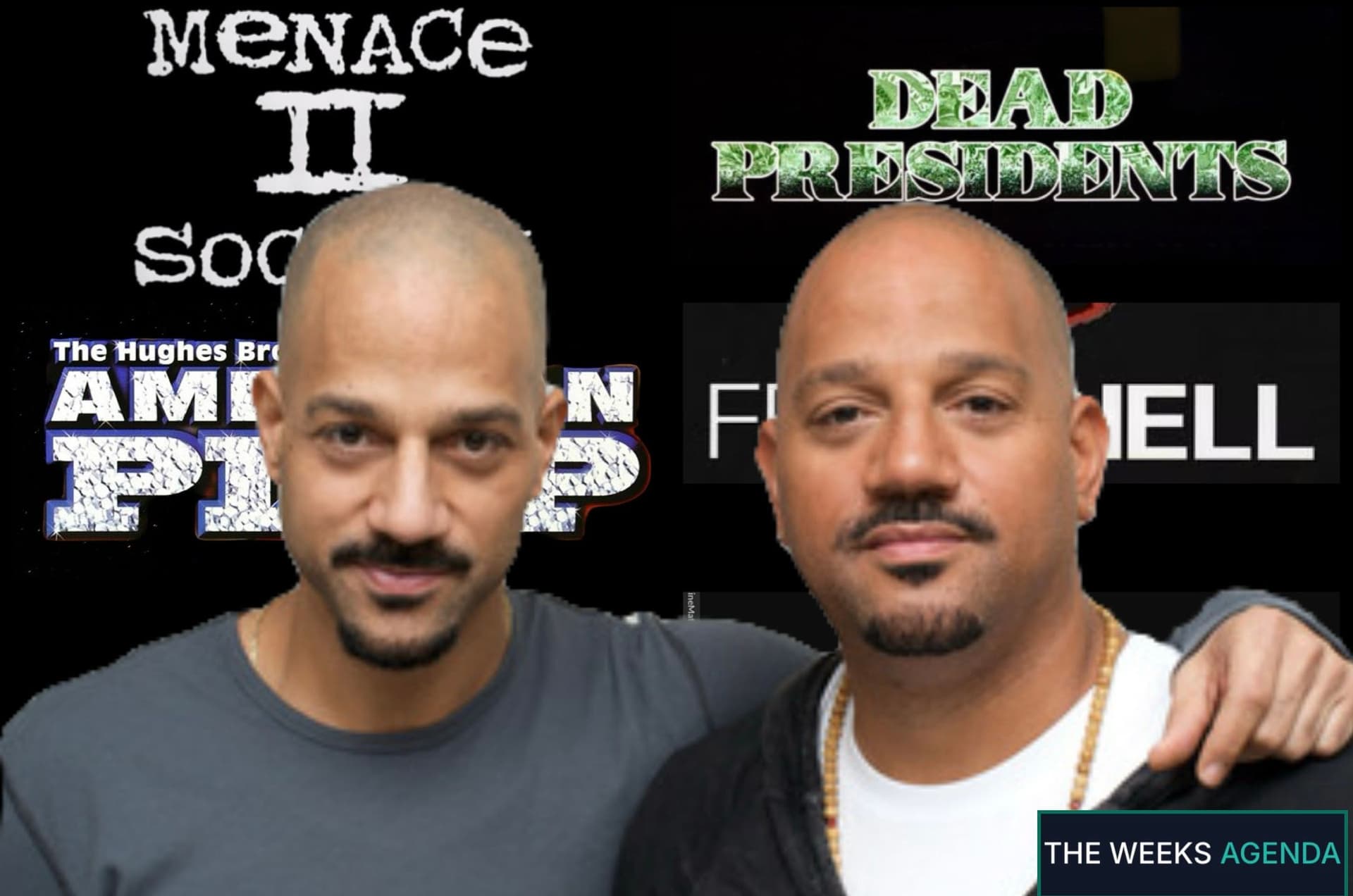
As the sun set on the 80s, the early 90s birthed a renaissance in black film. Riding the momentum of the trailblazing work of visionary directors like Spike Lee and Robert Townsend in the late 80s, black directors were more empowered than ever as more opportunities began to surface. These directors shared having their own distinct voice that spoke directly to the issues affecting the black community. Filmmakers like John Singleton, Ernest Dickerson, and Mario Van Peebles were proficient in making movies that entertained but also embedded messages regarding the social ills that plagued black people from the inner cities. Perhaps the directors that were the most adept in delivering powerful films that made you think were a pair of exceptionally talented twins, the Hughes Brothers. Coming straight out of Detroit, Allen and Albert Hughes were students of the Brian DePalma and Martin Scorsese school of film making. Known for their raw brand of storytelling, the Hughes Brothers made films that deeply connected people. Their films were uncompromising in exposing society’s underbelly. The pair did not hold back in their depictions of violence or what could be considered graphic language in their films. Despite being responsible for cult classics, the Hughes Brothers were relegated to an underrated status as filmmakers. As someone who grew up on their films, it is only right we discuss why the Hughes Brothers are champions in pushing artistic boundaries, especially with black expression in art.
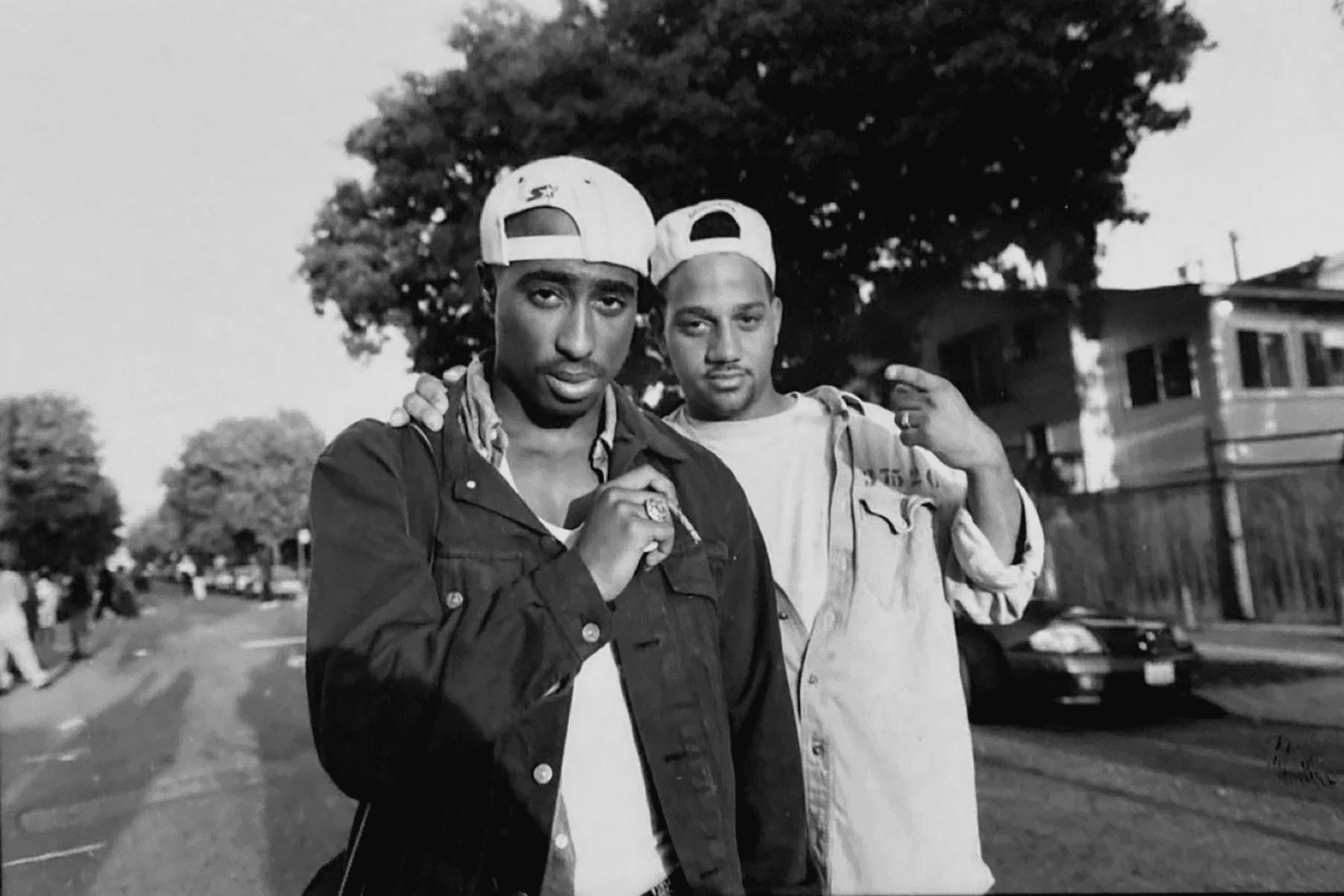
Growing up in Detroit, the mother of the Hughes Brothers nurtured their fascination in film. She purchased a video camera for them as children. Together the twins would use this camera to make their own short films. These shorts were the driving force for what would later blossom into a fruitful career in Hollywood. As the pair got older, they used their experience with short films to transition into directing music videos. Both brothers dropped out of school choosing to bet on their own talent by pursuing film careers. The duo were important in 2Pac’s career beginnings as a solo artist. Directing his first couple of videos, “Trapped” and “Brenda’s Got a Baby”, the directorial duo were instrumental in artistically shaping Pac’s image as the unofficial spokesperson for black youth. The Hughes Brothers continued to direct music videos even after their film careers took off. In addition to Pac, the twins directed videos for other artists like Tone Loc, Korn, Isaac Hayes, and the estate of Marvin Gaye. Their work behind the camera transformed the landscape of music videos in the 90s. The compelling imagery and efficacious storytelling not only produced iconic music videos but was also key in their professional development as filmmakers. The brothers were able to establish their individual roles on video sets. Albert handled the technical aspects of their work while Allen worked with the actors/artists. With a successful work relationship solidified, the brothers were destined to take the next step in their careers.
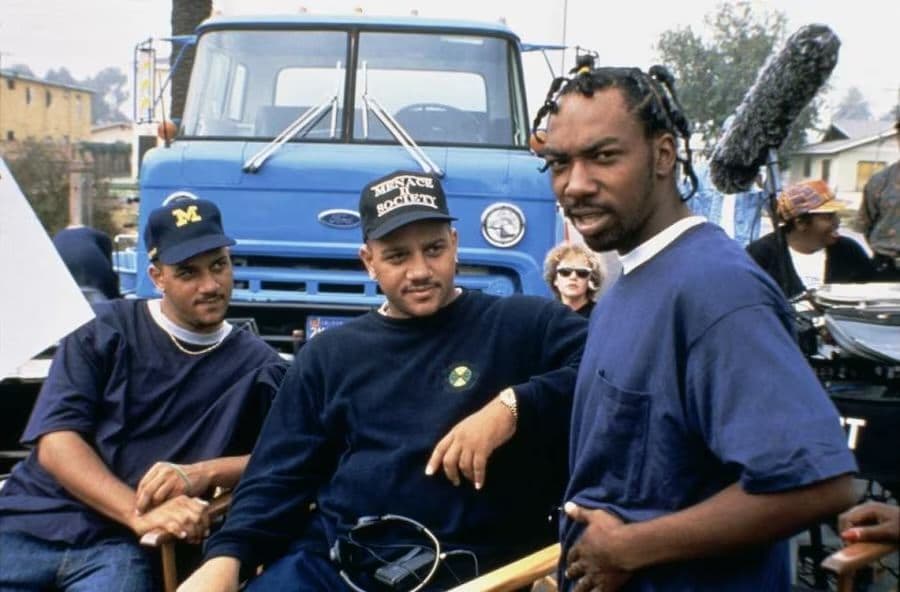
With the critical and commercial success of Boyz N the Hood, the Hughes Brothers were poised to make their own version of Singleton’s classic, only braver and bolder. Coinciding with the rise in popularity of what media dubbed “gangsta rap”, the “hood” sub genre was born. Fresh off their work making rap music videos, the brothers partnered with New Line Cinema for their motion picture debut, Menace II Society. Giving American audiences a hard dose of reality, Menace was not a carbon copy of Boyz. Instead their approach to Menace was like if Singleton had written a movie centered around the character of Dough Boy instead of Tre. In depicting a young black man’s descent into the criminal underworld, the Hughes Brothers drew inspiration from Scorsese’s Goodfellas. The film gave an unflinching peak into street life and the contributing factors that transformed innocent young men into heartless gangsters. Their debut was a box office success, grossing $30 million on a $3.5 million budget.
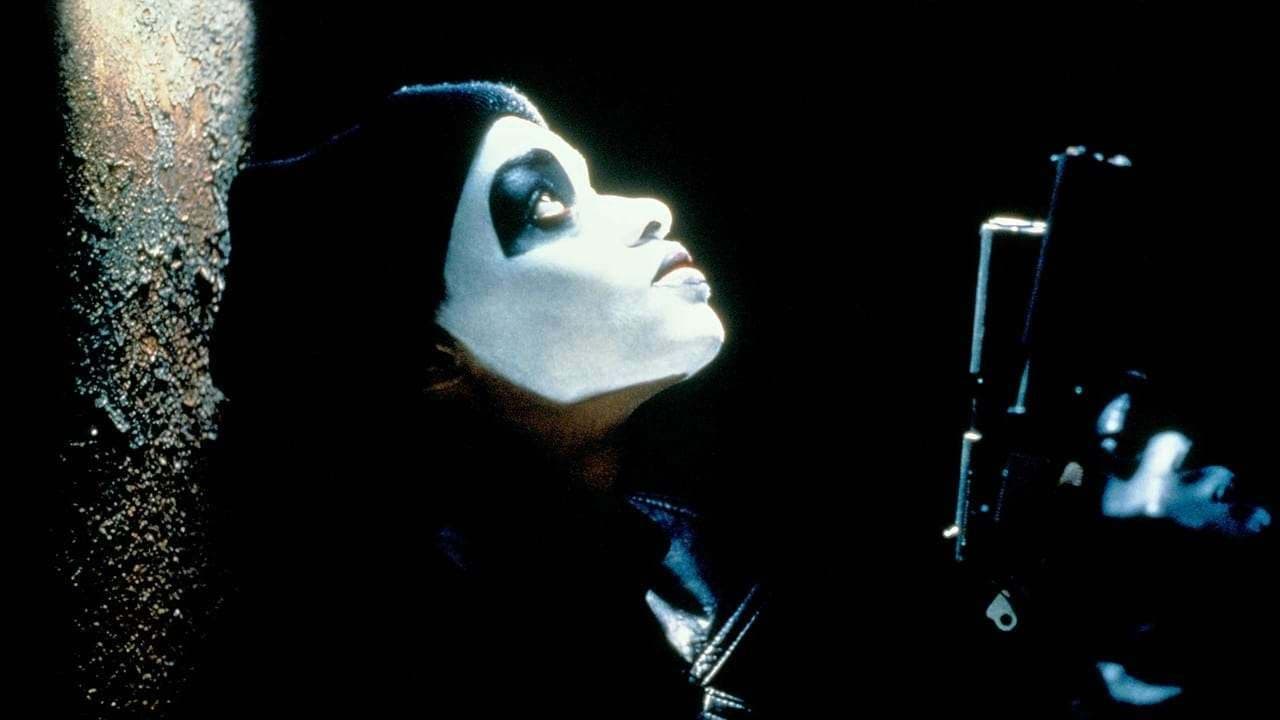
With their first cinematic triumph came more opportunities to conquer new film genres. Their next film would prove to be a more ambitious endeavor. Dead Presidents was a war crime drama set primarily in the Bronx in the 70s. The Hughes Brothers examined how young black Americans endured unspeakable horrors fighting in Vietnam only to face a different type of war upon their return home. The Hughes Brothers pulled no punches in depicting the brutality of war with graphic violence. The duo were definitely influenced by Francis Ford Coppola’s Apocalypse Now with how they captured the psychological effects of the Vietnam War. The Hughes Brothers shed light on how a lack of opportunities once back home engineered the type of desperation that led people into a life of crime. In a way Dead Presidents thematically is a continuation of Menace regarding the socioeconomic factors that contribute to criminal activity.
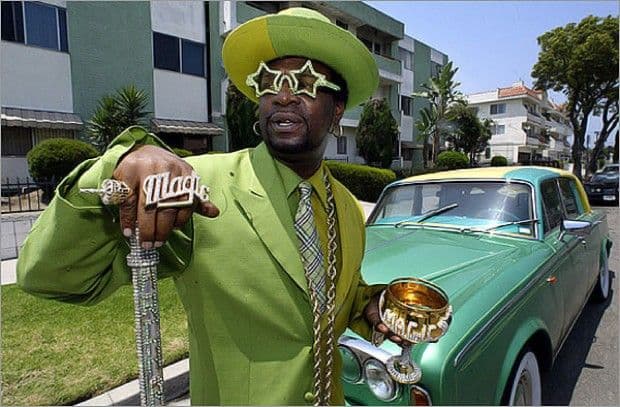
Continuing with their tradition of exploring crime through different film genres, the Hughes Brothers placed the spotlight on a different aspect of the streets with their third offering, American Pimp. As an independent documentary, the brothers delved into the “game” of pimping. Real life pimps were interviewed providing audiences with an intriguing view into their taboo lifestyle. Like the characters of their previous films, the Hughes Brothers presented the lifestyle of the criminal element in an authentic, raw manner without interjecting their own sense of morality in the story. In making films this way, the Hughes Brothers provided an insight into why these individuals chose these paths given the cards life dealt them. The Hughes Brothers were no stranger to controversy given the brutal violence in their films. However, Albert Hughes described the blow back from their portrayal of the pimping lifestyle as the “low point” of their career.
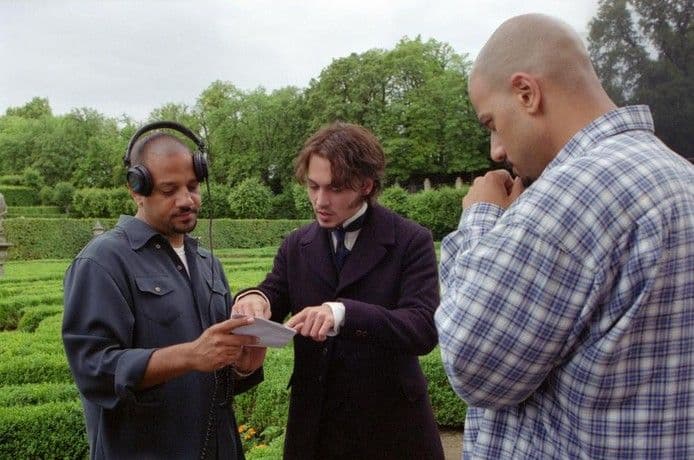
With the turn of the century, the Hughes Brothers challenged themselves in taking on different film genres. Already proving they were capable of making a period film with Dead Presidents, the brothers offered their twist on the legend of Jack the Ripper with their film, From Hell. A mystery slasher flick, the duo were given a bigger budget allowing them to attract A-list actors of the time, like Johnny Depp and Heather Graham. From Hell was a noticeable departure from the Afrocentric stories of their previous work. However, the brothers did not stray too far from their film making formula sprinkling commentary on the economic conditions and classism that contributed to the existence of Jack the Ripper in their story. The film was an indictment on the ruling class of 19th century London showing how they conspired to cover up Jack’s crimes against peasant prostitutes. The movie was met with mixed reviews but the film was still successful turning a profit on a $35 million budget.
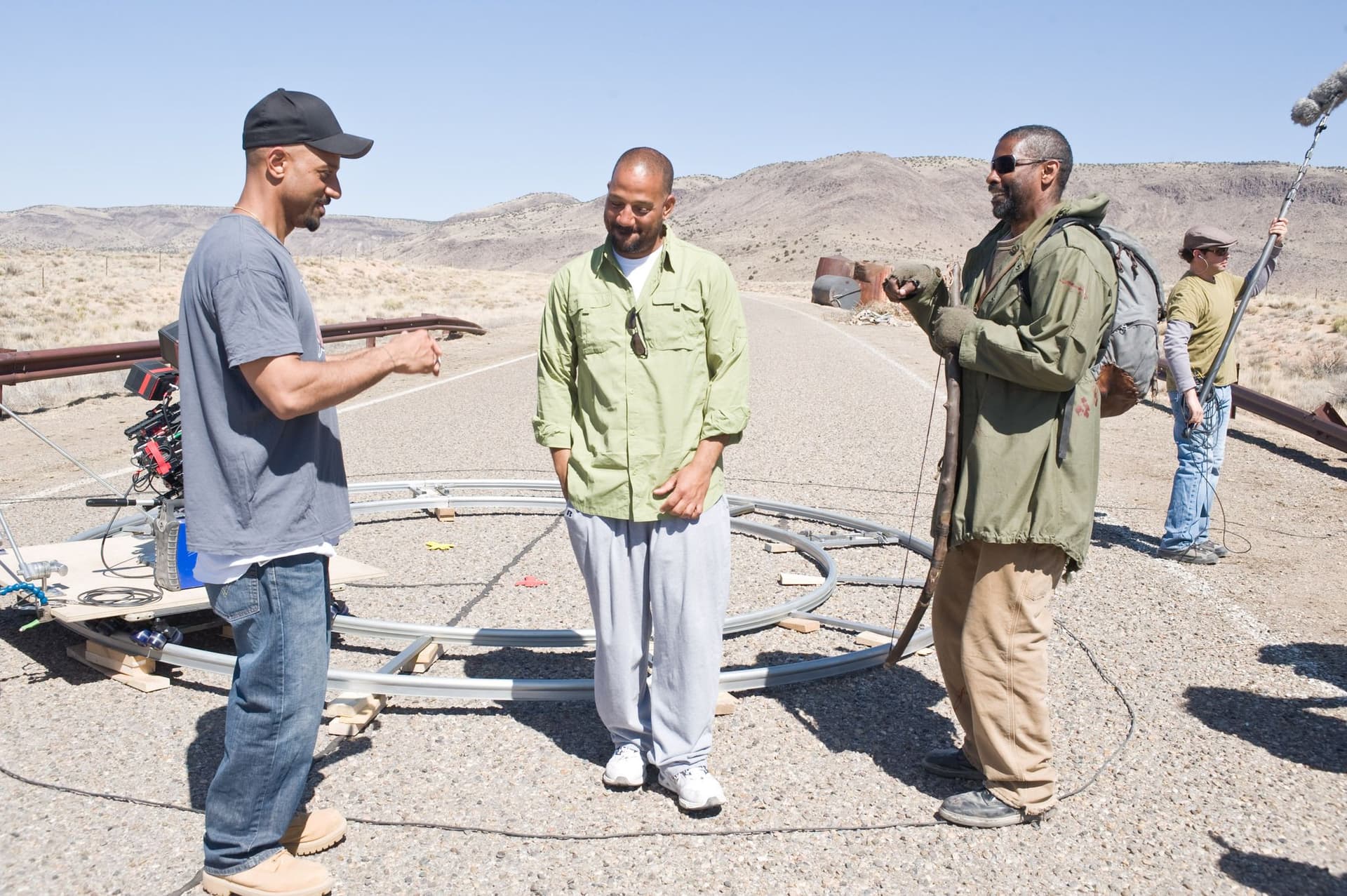
For their final film together, the brothers were privileged to work with the generational talents of Denzel Washington and Gary Oldman with their post-apocalyptic action thriller, The Book of Eli. Here the twin directors diversified their portfolio of subject matter in their films through exploring religion. Specifically, The Book of Eli shows how the Holy Bible can be used as a mechanism of control. The idea that if you control the “good book”, you control the minds and the will of the people in society and, thus, control that society’s resources. The film is another unique look into class warfare through Oldman’s character, Bill Carnegie. As town leader, the Hughes Brothers focus on Carnegie’s desperation in obtaining the Bible from Washington’s character, Eli. Carnegie’s greed highlights the brothers’ view on societal power structures and how resources are funneled upward to those in power. The film proved the duo were formidable action directors with fight choreography akin to a John Wick scene.
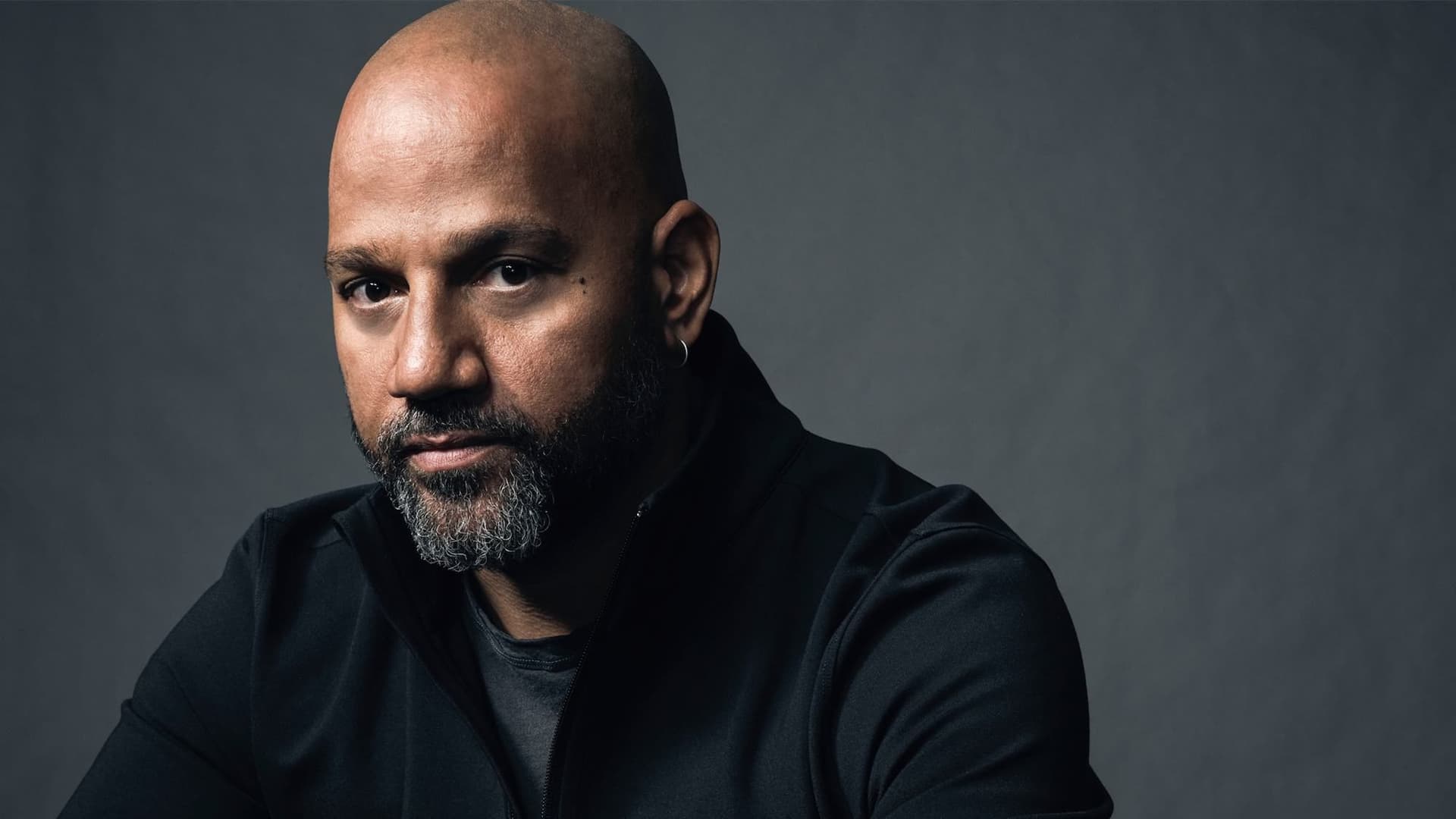
Ever since the release of The Book of Eli, the brothers continued their film careers, only separately. Albert moved overseas to Prague, making the geographical distance difficult for the pair to work together on films. However, it also opened the door for each brother’s individual growth at their craft. Allen has been the most active between the two in the past 15 years. With his concentration on working with actors, it allowed him to make films that were more intimate and personal in nature. Allen embarked on his own solo mission during the mid 2000s. Directing a television movie, Knights of the South Bronx, in 2005 followed by the romantic short film segment in 2008’s New York, I Love You. For his first major solo motion picture, Allen worked with Hollywood heavyweights Mark Wahlberg, Russell Crowe, and Catherine Zeta-Jones in the thriller, Broken City. However, with his next projects, Allen would return to his hip hop roots with a couple of docu-series. In The Defiant Ones, Allen analyzed how the business partnership and relationship between Jimmy Iovine and Dr. Dre led to innovative changes in entertainment. Allen next explored the turbulent lives of Afeni and Tupac Shakur with Dear Mama. Allen shows no signs of slowing down with an upcoming biopic on rap superstar, Snoop Dogg, in the works. With Allen remaining tapped in to hip hop culture, his career in film has come full circle.
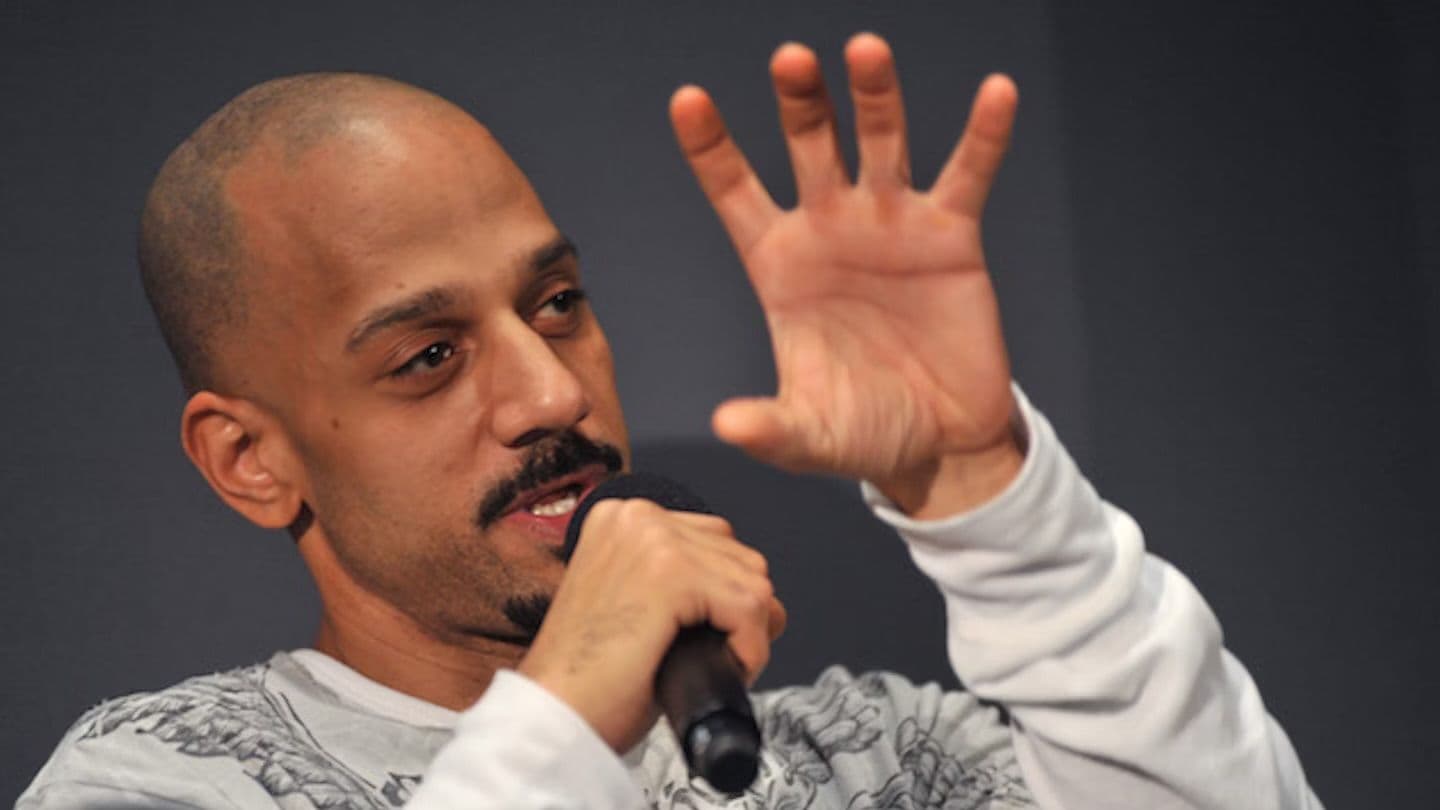
While Allen’s films are driven by the performances of his cast, Albert is the one that brought the sizzle to the visual. Albert was the twin responsible for visually immersing the audience into the story through innovative and unique camera shots. He was the brother you would consult on production and costume design. The brother that embraced the latest technologies, like the Red One digital camera used for The Book of Eli. Like Allen, Albert only directed one major film since going solo, which was the prehistoric adventure film, Alpha. From there Albert took his talents to television. First was the mini-series, The Good Lord Bird, where Albert directed the first episode, "Meet the Lord". Next was the John Wick prequel spin-off, The Continental: From the World of John Wick, where again Albert directed the first episode of the mini-series called "Brothers in Arms". Albert also took on the role of executive producer for both television projects. Rumor has it that Albert is currently developing a remake of The Fugitive where he will serve as the director. Albert was also in talks for possibly directing the Blade reboot in the Marvel Cinematic Universe. Ultimately talks fell through due to creative differences.
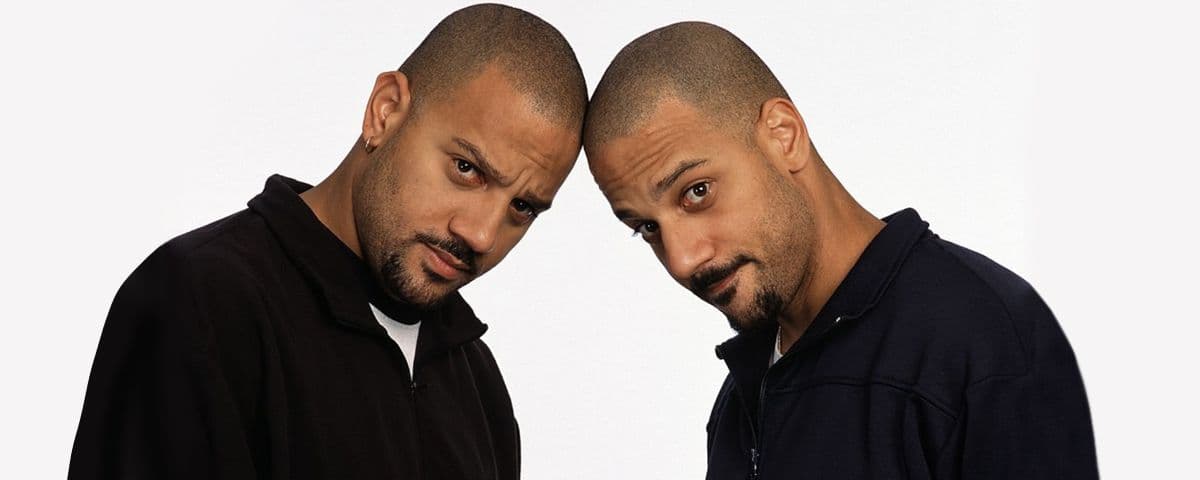
With 2010 marking the last time the brothers worked together, one can only hope for a reunion on the horizon for at least one final film. While it is encouraging seeing both brothers still active in Hollywood, they have not individually duplicated the success they experiences as a directing duo. The pair once had planned to make a movie on the life of infamous serial killer, Richard Kuklinski. Plans were also scrapped for a Kung Fu movie, based off the classic television series. With political corruption and racial tension at an all time high in my lifetime, their cinematic voices are very much needed. Also, Hollywood is in dire need of quality original pictures. The chemistry they formed together as auteurs created special memories for me growing up. Watching Menace and Dead Presidents in theater with my father and then having discussions about the messages in the film afterwards is an example. The cinematic magic the Hughes Brothers conjured had a transformative effect of helping to establish credibility for black filmmakers. Their films made you laugh, made you tear up, but most importantly made you think. Often, their films did not have a happy ending and sometimes the conclusion ripped your heart out in anguish. A Hughes Brothers film sometimes was like a punch to the gut emotionally. A testament to the passion poured into each project by the twins. So I am putting it out in the universe hoping that this message is received one day. I am sincerely wishing I sit down to watch a film in theaters in the future and see those magical words pop up on the silver screen during the opening credits, "A Hughes Brothers Film".